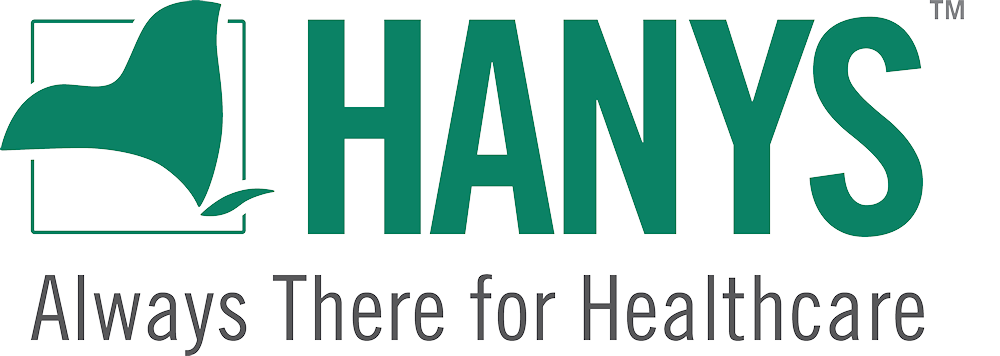
News and Media
Ellenville Regional Rural Health Network fosters accessible community wellness
They're dedicated to pursuing healthier lives for everyone in the community through services that increase exercise, improve nutrition, reduce risks and provide support for SDOH.
Bassett Healthcare Network ensures healthcare access for school children
The largest rural program of its kind in New York state, Bassett Healthcare Network's School-Based Health Program delivers primary health services to as many students as possible.
United Memorial Medical Center task force supports birthing patients and families
Rochester Regional Health-United Memorial Medical Center's Perinatal Task Force brings together community agencies to build and strengthen partnerships to support birthing patients and families.
Burke Rehabilitation intensive aphasia program accelerates communication gains
Burke Rehabilitation’s intensive comprehensive aphasia program can help participants make substantial language gains months or even years post-diagnosis.
Montefiore’s Discharge Lounge enhances patient satisfaction and hospital operations
The Discharge Lounge enhances patient experience and alleviates flow challenges, while follow-up phone calls made by discharge coordinators encourage patient comfort and help prevent unnecessary hospital readmissions.
Bassett Healthcare Network bolsters clinical pharmacy to improve population health
The Ambulatory Intensive Pharmacotherapeutics program streamlines medication needs and prescribing to improve the health of Bassett’s rural communities and decrease rates of adverse health outcomes and costs.
Hospital for Special Surgery provides culturally competent osteoporosis care
Hospital for Special Surgery launched the Asian Community Bone Health Initiative to improve musculoskeletal health, physical function and overall quality of life for their aging Asian American patient population.
St. John's Episcopal Hospital advances cancer care in the community
St. John's Episcopal Hospital collaborated with DOH to become a credentialed provider of the Cancer Services Program.
Saratoga Hospital CHC alleviates health inequity in their community
Saratoga Hospital's collaborative partnership with community leaders leverages the strengths of individual organizations for enduring health opportunities for all.
Saint Joseph’s Medical Center strengthens crisis prevention and response
The Saint Joseph’s Medical Center/St. Vincent’s Hospital Westchester division crisis prevention and response team collaborated with others to develop and staff a Westchester-based suicide prevention and crisis response center.
NYC Health + Hospitals/Elmhurst fosters diabetes control and management
From partnering with local organizations to adjusting nutrition suggestions to complement patients' cultures, Elmhurst's diabetes management initiative yielded improved results.
MediSys Health Network ensures comprehensive cancer care for all patients
MediSys Health Network is bringing world-class cancer care to Queens and eastern Brooklyn — mitigating healthcare disparities to their diverse patient population.